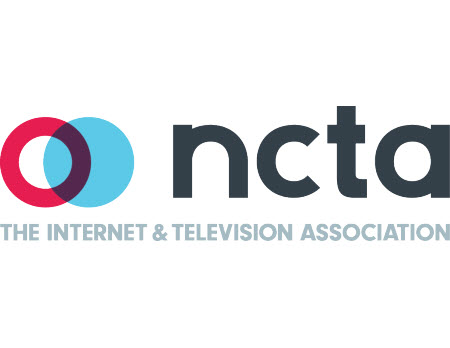NCTA Opposes Mandate of Wi-Fi as 911 Backup
Tells FCC technical difficulties make that unworkable

The smarter way to stay on top of the multichannel video marketplace. Sign up below.
You are now subscribed
Your newsletter sign-up was successful
Cable broadband operators said they can't open their Wi-Fi networks for 911 access during times of emergency when wireless networks are down because they don't have the capability of routing 911 calls or texts or even identifying them among other network traffic.
In comments to the FCC, which asked about such whether such use should be required (per its implementation of the RAY BAUM's Act), NCTA-the Internet & Television Association said its members voluntarily open their Wi-Fi access points (APs) at no cost in emergencies to allowing people to remain connected over the 'net--as they have during COVID-19 for students.
But NCTA told the FCC that the technical limitations of Wi-Fi infrastructure and user devices would make a requirement that Wi-Fi APs open automatically for public access to provide 911 in emergencies when mobile nets are down is "technically unworkable."
It said that while Wi-Fi APs are equipped to provide internet connection in emergencies, that is only after users register and only where power and backhaul is available--it said that "the vast majority of residential customers do not have any such back-up power to enable operation of Wi-Fi APs when power is out."
"Notably, Wi-Fi APs lack mechanisms to facilitate 911 call routing and location services without the support of a mobile network, and in fact cannot distinguish between 911 calls or texts and other data traffic transiting the Wi-Fi network," NCTA said.
In addition, it said, "the Wi-Fi ecosystem’s decentralized array of service providers, access points, and devices lacks the capabilities to allow for automatic, secure identification and authentication of devices with Wi-Fi networks." That would mean a host of privacy and security concerns would have to be addressed before allowing for automatic and unauthenticated connections.
The smarter way to stay on top of the multichannel video marketplace. Sign up below.
Contributing editor John Eggerton has been an editor and/or writer on media regulation, legislation and policy for over four decades, including covering the FCC, FTC, Congress, the major media trade associations, and the federal courts. In addition to Multichannel News and Broadcasting + Cable, his work has appeared in Radio World, TV Technology, TV Fax, This Week in Consumer Electronics, Variety and the Encyclopedia Britannica.

